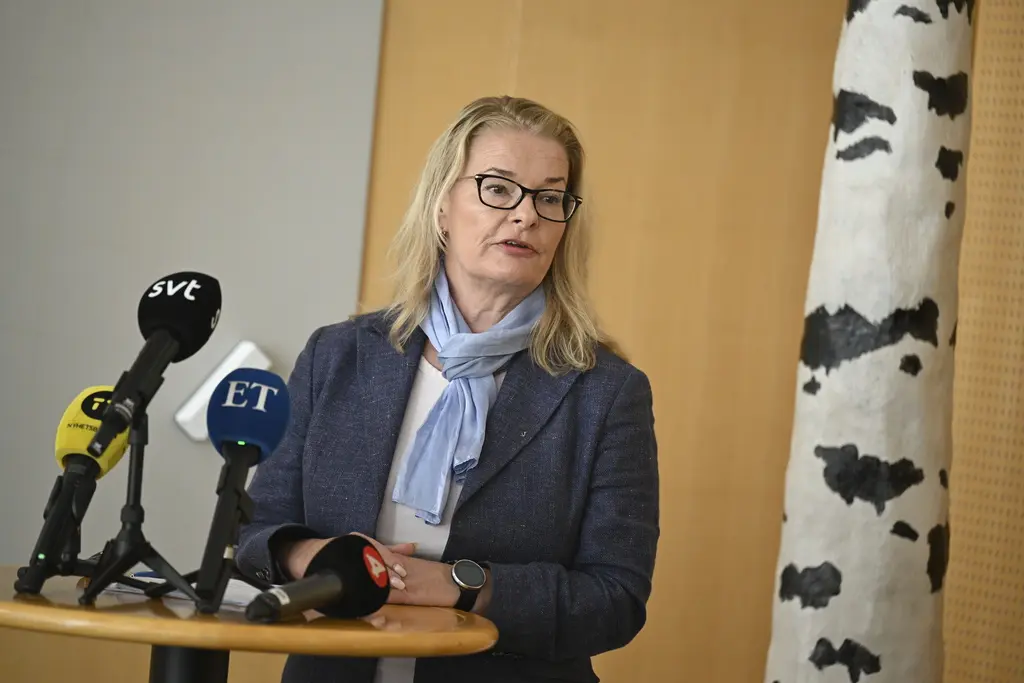Swedish pupils have the worst discipline in Europe, according to statistics from the OECD.
To tackle the chaos, Education Minister Lotta Edholm (L) is proposing, among other things, extended powers for teachers.
Among all OECD countries, only Chile and New Zealand have worse discipline in classrooms than Sweden. Three out of ten pupils think that lessons do not start on time, according to measurements of the climate during 15-year-olds' maths lessons. Just as many are distracted by others' digital tools, such as tablets.
It is very serious, partly because it is serious for pupils and teachers who are exposed to violence and harassment. But it is also obvious that it provides an explanation for the poor school results, says Lotta Edholm to TT.
Swedish ninth-graders' results in maths and reading comprehension are falling, according to the latest Pisa survey. They are at their lowest level throughout the 2000s.
Minister: There is no single answer
To address the low-ranking discipline, the government is proposing a range of measures. An investigator will examine whether teachers' powers can be extended and whether certain documentation requirements can be removed – for example, when a pupil is expelled from the classroom.
This can lead to teachers avoiding the methods they believe are best due to documentation requirements.
The measures also include school social teams and more crisis schools.
There is no single answer to the question – everything from parents needing to bring up their children better to there being more crisis schools for violent children, says Lotta Edholm.
Coarse language among ten-year-olds
Even in year four, it is chaotic, according to the PIRLS survey, which targets headteachers. An increasing number experience disciplinary problems, and eight out of ten have problems with noisy classroom environments. Nearly nine out of ten also have problems with coarse language.
It is very serious because it involves children who are ten years old.
Lotta Edholm believes that early support can contribute to higher knowledge levels and fewer disciplinary problems. Therefore, schools will be able to apply for state grants totalling 600 million kronor to employ more special teachers and have more special teaching groups.
Many pupils have not acquired the knowledge required. It is clear that if you cannot read and write properly – and you feel that you are falling behind in your studies – then there is a risk that you will become a rather chaotic pupil.
Source: Ministry of Education






